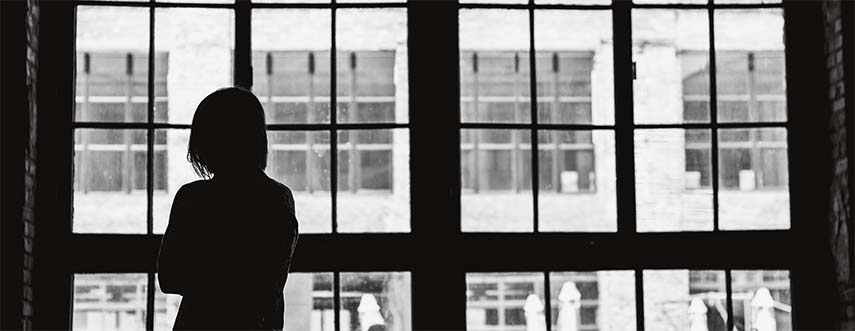South Africans are starting to suffer the effects of a prolonged lockdown.
A survey conducted by gig technology company M4Jam, has revealed the behavioural trends and emotional distress that the Covid-19 pandemic has created. The results paint a bleak picture of inactivity, fears of violence in the home and worries about food supply.
A demographically-representative sample of 1 000 respondents across urban and rural locations in all nine provinces answered a series of questions on how the lockdown period has affected them. Seventy-eight percent of respondents fell into the 18-34 age group bracket, the number of male and female respondents was fairly even, while 27% lived in Gauteng and 21% in KwaZulu-Natal.
Responses reveal a high level of anxiety, coupled with a lack of exercise.
A massive 72% of respondents said they were able to do no work at all during lockdown, while only 20% said they or their family members were able to work from home.
Eight percent of those working do so from an office, while 85% reported not travelling to work at all in the last two weeks.
Georgie Midgley, CEO of M4Jam, says the survey shows that only 11% of respondents were still earning their pre-lockdown salary, with 30% of people’s income directly impacted by lockdown either through being laid off, salary deduction or no salary, and 45% having no work before lockdown began.
Reporting on their emotional and psychological states during lockdown, 41% of respondents reported an increase in stress and anxiety, with 35% feeling sad and depressed. Nineteen percent of respondents felt angry, 25% felt irritable and many reported feeling fatigued or suffering from various ailments such as insomnia.
Few were blowing off any steam: 26% of respondents said they had engaged in no exercise activity in the last two weeks, while another 26% said they had exercised one to three times in the last fortnight. Only 14% reported getting exercise more than five times in the last 14 days, and 18% said they exercised daily.
The most activity many South Africans seem to be engaging in is visiting shops for groceries, with 76% of respondents reporting having visited a grocery in the last two weeks. Meanwhile, 24% had not gone shopping at all, and 20% of respondents had used a grocery delivery service.. Only 9% said they had attended a funeral at least once.
On a positive note, 64% of respondents had not visited a pharmacy in the last two weeks, while 26% reported having gone to a pharmacy one to three times.
If the sample is used as a proxy for all South Africans, concerns about their own health and that of their friends and family are riding high. The majority of respondents said they were particularly worried about their elderly relatives’ health and the capacity of the health system in treating Covid-19 patients.
Sixty-nine percent of people were also very concerned about their children’s education as uncertainty over completion of the academic year continues.
“One negative side-effect of lockdown was shown in 62% of respondents reporting feeling either ‘very’ or ‘extremely’ concerned about violence in the home during lockdown,” says Midgely.
Eighty-nine percent of respondents were equally worried about family stress resulting from lockdown restrictions.
Sixty-nine percent of respondents reported seeing a police presence in their neighbourhood, with police activity most being interpreted as driving by (49%) and stopping and checking people for movement status (47%). However, 22% reported seeing no police presence at all.
Fears about access to meeting basic needs were at least partly behind the elevated levels of domestic stress, with 87% of respondents concerned about food for the household over the next couple of weeks. Other short-term future concerns ranged from cleaning products and toiletries (73%) to medications (64%), helping children with schoolwork (60%), internet access and airtime (60%) and medical care (50%).
Survey respondents said what they needed most to take care of themselves and their families in the next couple of weeks was food (81%), hygiene products including face masks and sanitisers (78%), money (71%), cleaning products (59%) and job security (51%). 45% reported wanting to be able to conduct home tests for Covid-19 infections.
“As the gradual lifting of restrictions is set to begin, 66% of respondents said they were taking lockdown restrictions extremely seriously, while only 1% said they weren’t taking lockdown seriously at all,” Midgely concludes.

